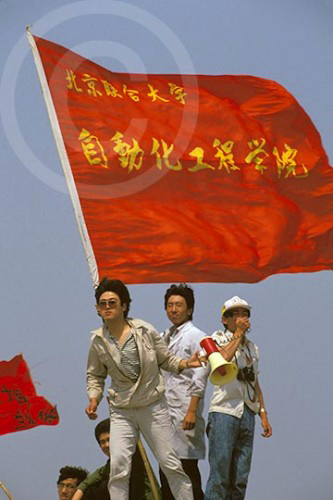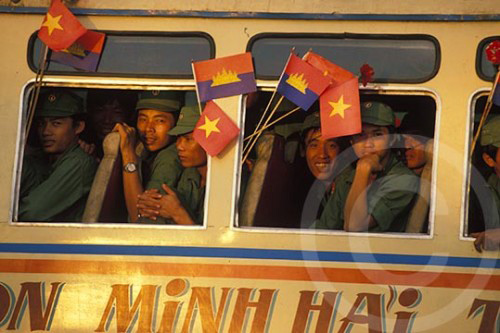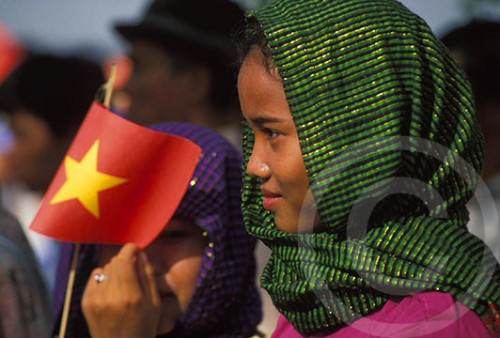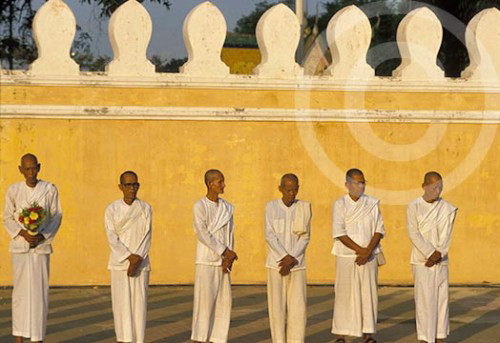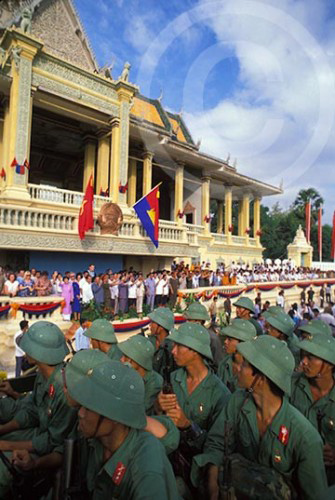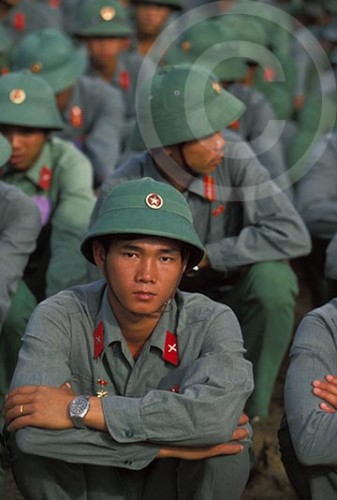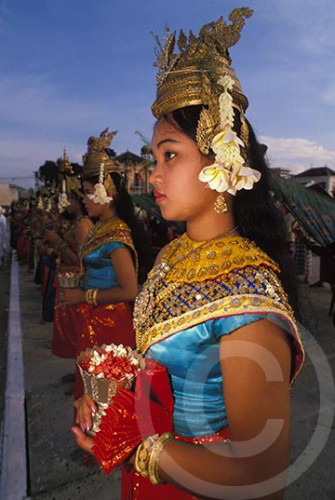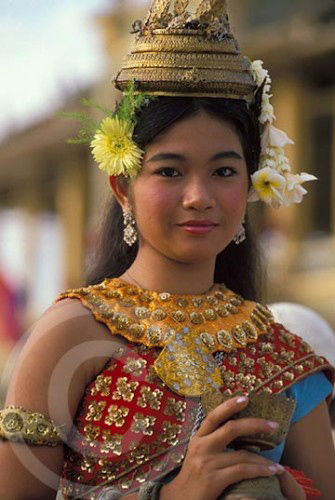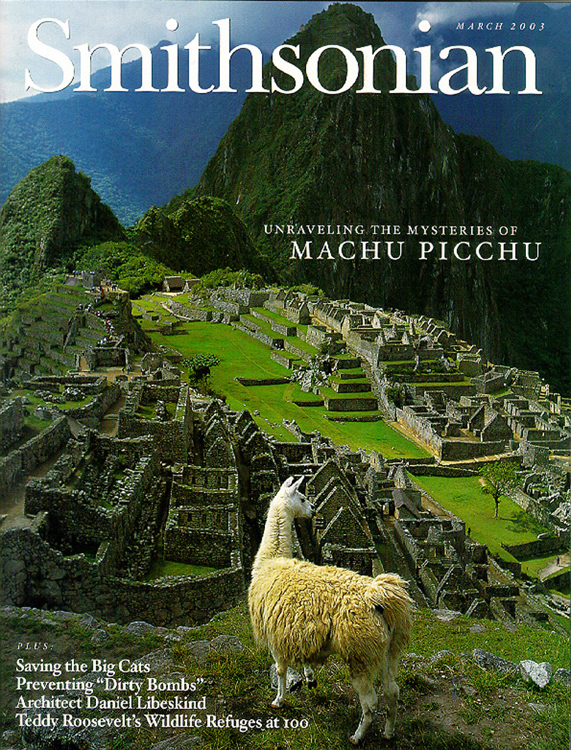 Behind the scenes: It’s 2002 and Jeffrey is photographing on assignment for Smithsonian. His job is to capture the mystique of Machu Picchu, Peru’s famous ancient Inca ruins.
Behind the scenes: It’s 2002 and Jeffrey is photographing on assignment for Smithsonian. His job is to capture the mystique of Machu Picchu, Peru’s famous ancient Inca ruins.
The name Machu Picchu, or Old Mountain, comes from the Quechua Indian term for the 9,060-foot peak looming over the site.
Renowned author, Fergus Bordewich, the writer for this story, describes it like this:
“Although I had seen many images of Machu Picchu, nothing prepared me for the real thing. Stretching along the crest of a narrow ridge lay the mesmerizing embodiment of the Inca Empire, a civilization brought to an abrupt and bloody end by the Spanish conquest of the 1500s. On either side of the ruins, sheer mountainsides drop away to the foaming waters of the Urubamba River more than a thousand feet below. Surrounding the site, the Andes rise in a stupendous natural amphitheater, cloud-shrouded, jagged and streaked with snow, as if the entire landscape had exploded. It is hard to believe that human beings had built such a place.”
Jeffrey, after five days of walking every angle of this massive site, climbing slippery mountainsides with his heavy camera fannypack, meeting with archaeologists, trying to scope out unique views of this much-photographed destination, realizes he still isn’t satisfied that he’s created a cover photograph.
On the last day of his assignment, he’s up at sunrise once again trying to capture the best light. While standing at a common overlook, where most tourists go, he gets his bearings for the day and begins fiddling with his camera, choosing a lens, making sure his equipment is set properly.
When light hits the ruins he shoots a few frames right where he’s standing. He’s so focused on the composition that he jumps when something suddenly enters his viewfinder. Our of nowhere, a llama has walked into his photograph.
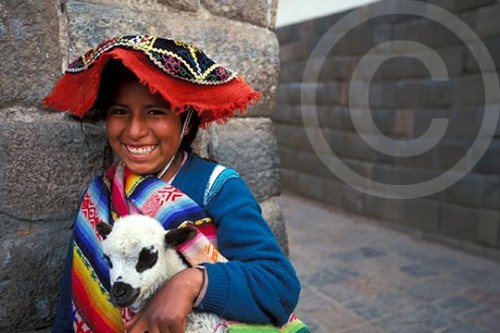 It’s like a gift, a quirky detail of Machu Picchu that brings the ancient ruins to life. Jeffrey does not move, and is able to shoot three or four frames before the llama walks away. Fortunately, Jeffrey knows he has just nailed the cover–especially before a gaggle of tourists rushes over, trying to create the same photograph.
It’s like a gift, a quirky detail of Machu Picchu that brings the ancient ruins to life. Jeffrey does not move, and is able to shoot three or four frames before the llama walks away. Fortunately, Jeffrey knows he has just nailed the cover–especially before a gaggle of tourists rushes over, trying to create the same photograph.
As he ponders the luck of that moment, and thinks back to how hard he has worked over the past five days, he knows his credo couldn’t be more true:
“The harder you work, the luckier you become.”
This photograph was created with a Canon EOS 1V camera, a Canon 20mm lens, and Fuji Velvia film.
To read Fergus Bordewich’s mesmerizing and extensive article about Machu Picchu, click on this link: Smithsonian Magazine—“Winter Palace.”
I’d also love to hear from you! If you’ve been to Machu Picchu, drop me a comment and tell me your most memorable moment. And if you haven’t, would you ever like to go? It’s now in the running as one of the NEW Seven Wonders of the World.

